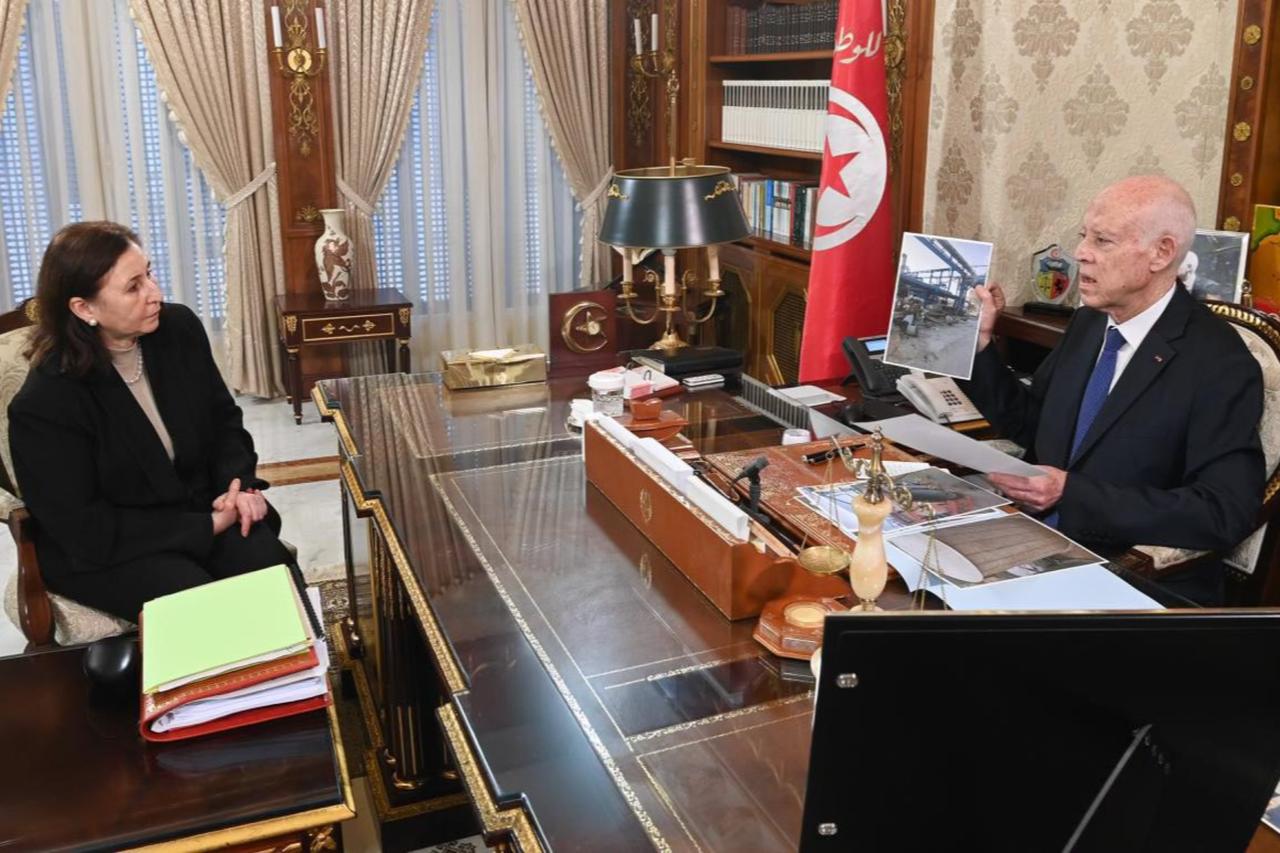
Tunisian President Kais Saied sparked controversy after invoking the Umayyad poets Jarir and Al-Farazdaq—two of the most famous Arab poets known for their sharp rivalries and satirical duels—in remarks aimed at “Generation Z.”
During his meeting on Tuesday evening with Prime Minister Sarah Zaafrani, Saied addressed the ongoing protests in the southeastern city of Gabes, where residents are demanding the closure of polluting units at the chemical complex.
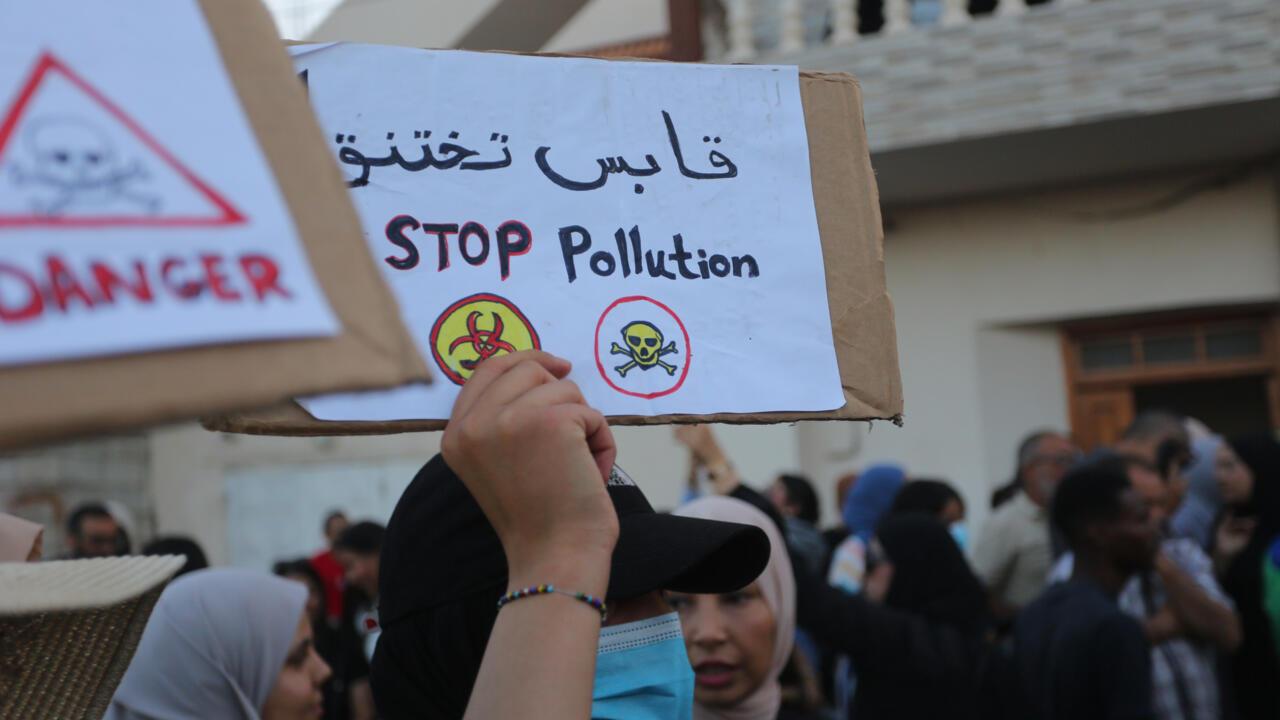
The president also criticized the neglect of equipment worth “billions of dinars,” purchased in 2017 and left abandoned inside the Gabes chemical complex.
He denounced those who, as he put it, “sold illusions and sought to give away the complex,” describing them as “mercenaries rejected by history.”
Saied affirmed that “Tunisia is not for sale or rent,” stressing that there is no place for those who exploit the suffering of Tunisians.
“There are those who claim to belong to the ‘Z group,’” Saied stressed, “but the Tunisian people, with their steadfast and unprecedented awareness, stand firmly with the security forces,” he added.
He reaffirmed that the Tunisian people are forming an impregnable wall that will break every attempt to inflame the situation.
He stressed that the Tunisian people are teaching “the traitors and agents” lesson after lesson, and that they will not be able to assassinate the will of a people who have raised the slogan “the people want and will achieve what it wants,” he said.
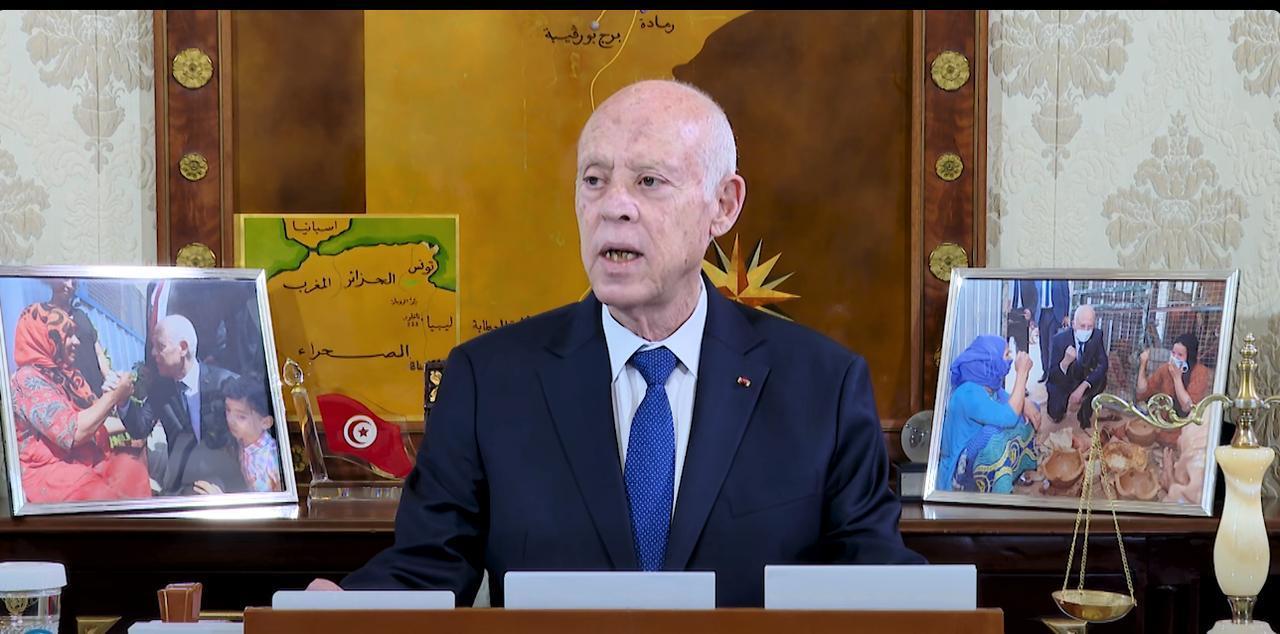
Saied used a verse about humiliating rivals, quoting a famous line by the seventh-century Arab poet Jarir, “He said he would kill Murabba—rejoice in long safety, O Murabba.”
Jarir wrote that line to mock his rival al-Farazdaq.
Saied went on to quote another of Jarir’s barbs: ‘When I branded al-Farazdaq, I also cut off Akhtal’s nose.’ He concluded, “If the Tunisian people fulfill their will, then Akhtal’s nose will be cut off.”
In classical Arabic poetry, “cutting off the nose” was a metaphor for public humiliation or moral defeat.
The president used these old poetic insults to say that those trying to weaken Tunisia will end up defeated and shamed.
Analysts noted that the president’s use of this verse was inaccurate, explaining that it is traditionally cited to describe someone whose words are many but actions are few.
Analysts warned that using such poetic lines—which include expressions like “poisoning the enemy” and “cutting off noses”—in reference to protesters carries serious risks, as these metaphors could be interpreted as hostile or threatening language toward demonstrators.
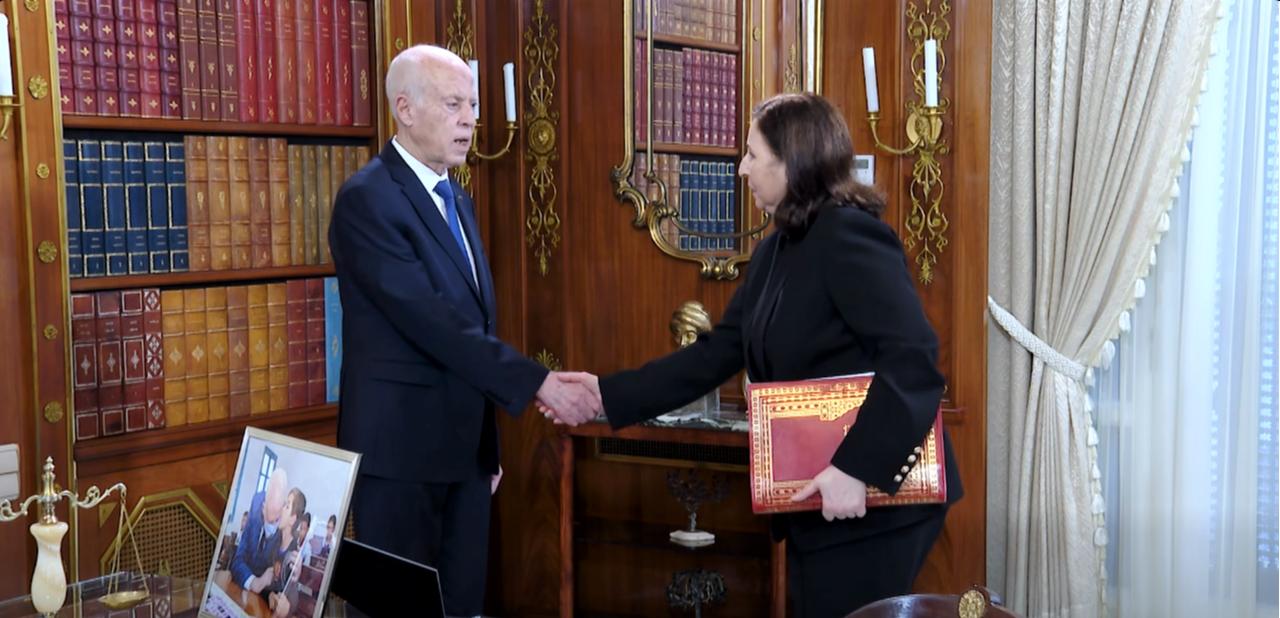
Saied described the current phase as a “war of liberation on all fronts,” aimed at dismantling networks of corruption and wrongdoing.
He stressed that Tunisia is undergoing “historic moments of reckoning” that reveal an unprecedented level of public awareness—one that, he said, history will record.
The president also affirmed that he is closely monitoring the situation in Gabes and other cities.
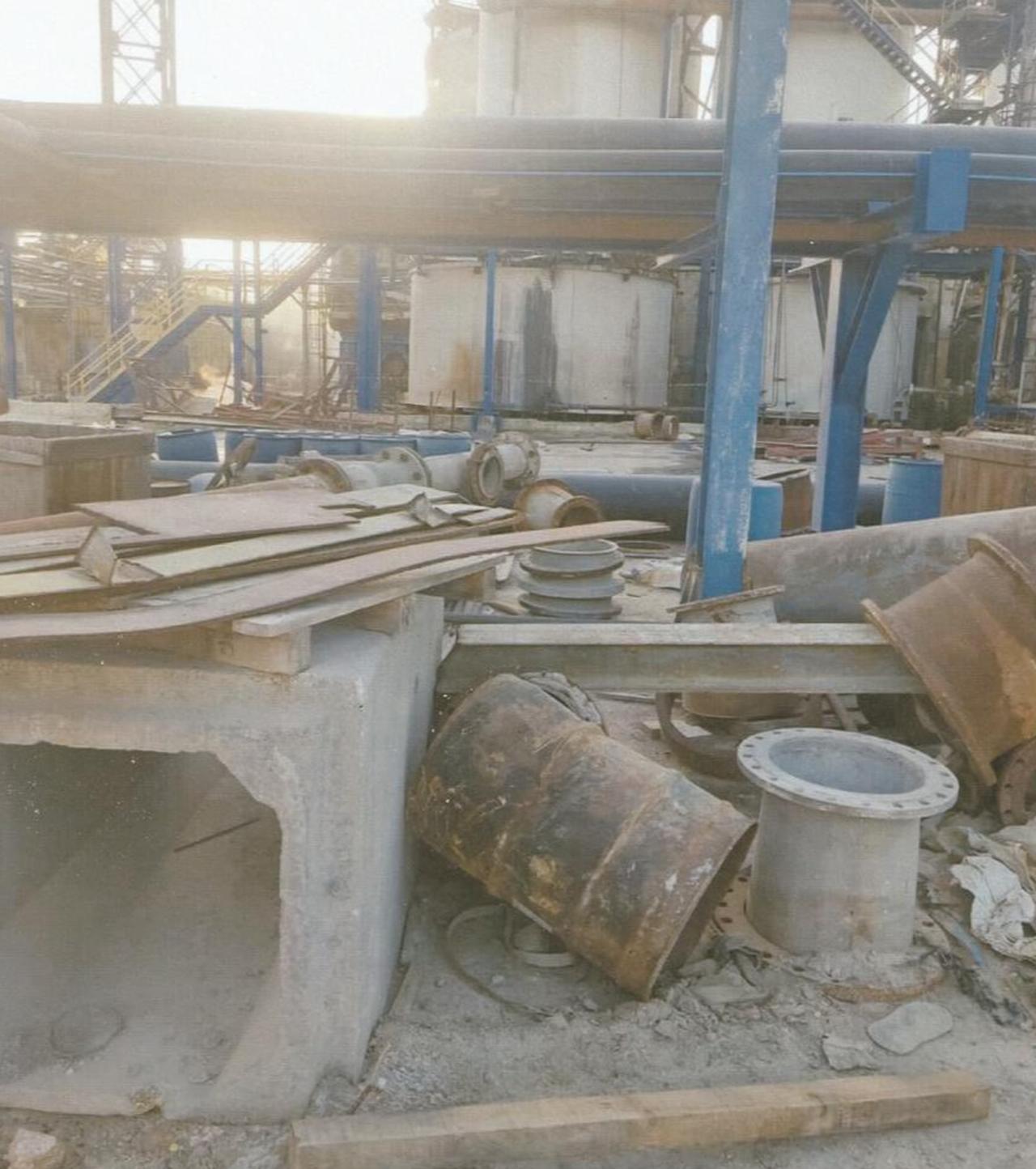
Thousands of Tunisians took to the streets on Tuesday in the southeastern city of Gabes, demanding the shutdown of polluting units within the chemical complex locally known as the “death complex.”
The protests came in response to a call by the Tunisian General Labor Union (UGTT), the country’s largest trade union, and led to a complete halt of economic activity in the city.
Protesters carried banners calling for an end to pollution in the city, chanting slogans such as “Gabes is free… pollution out!” “Pollution is not our destiny,” and “The people want the dismantling of the units.”
Schools and universities closed their doors, while cafes, markets, and major shopping centers suspended operations in observance of a general strike declared by the labor union and civil society organizations.